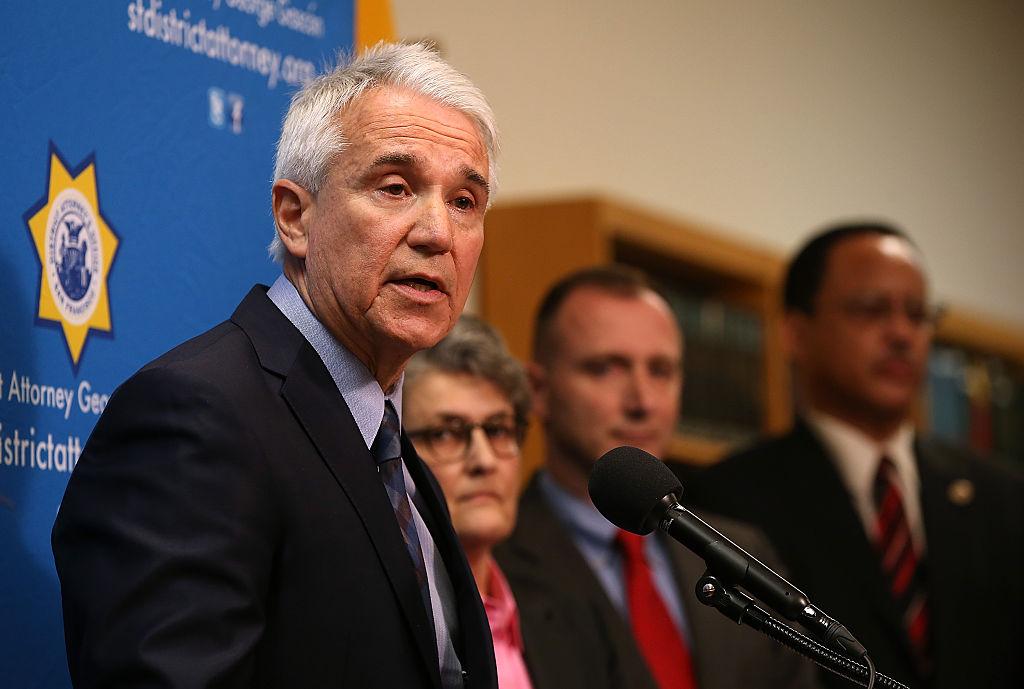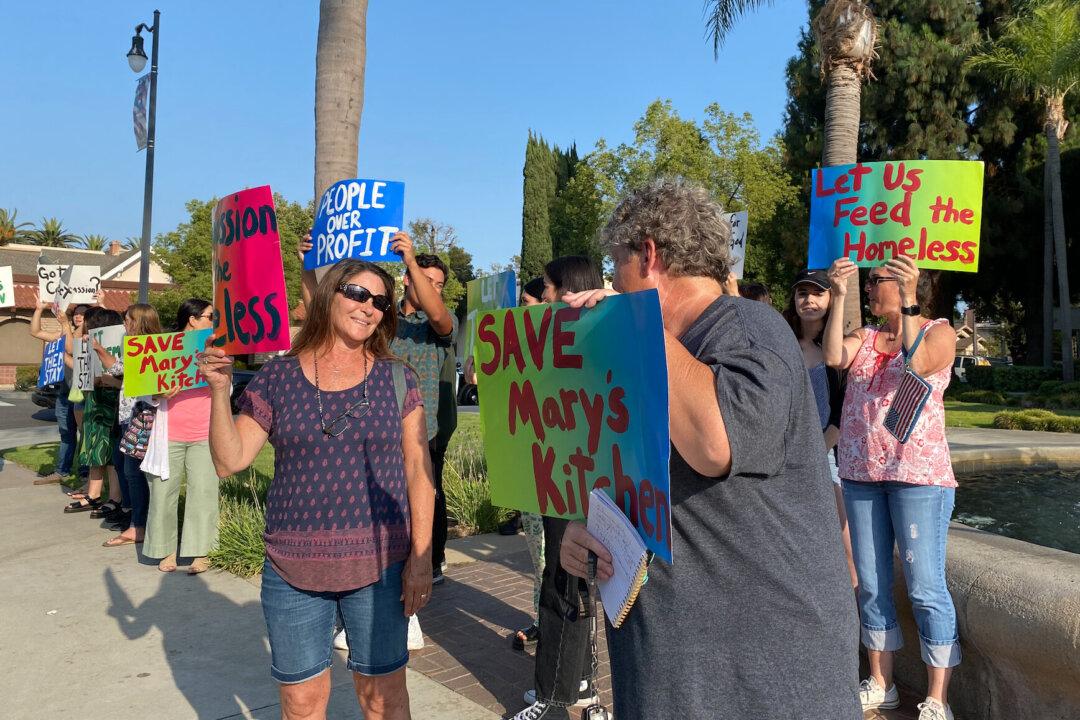The Association of Deputy District Attorneys (ADDA) for Los Angeles County has filed a civil lawsuit alleging that new policies enacted by recently elected District Attorney George Gascón violate California state law and place prosecutors in an impossible position.
“Do we follow our legal and ethical responsibilities and risk getting disciplined, even fired, by our new boss?” ADDA Vice President Eric Siddall said in a statement. “Or do we follow his policy directives and risk losing our California State Bar Cards and, by extension, our ability to practice law anywhere in the state?”





